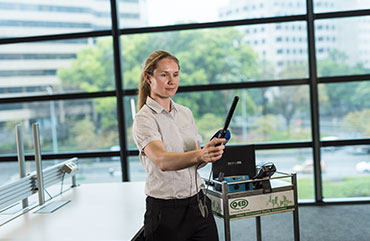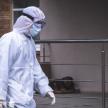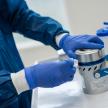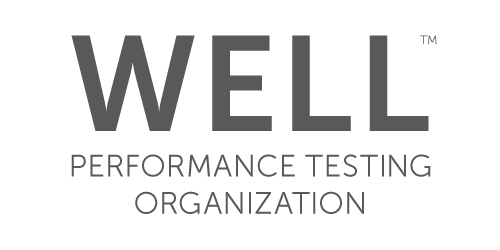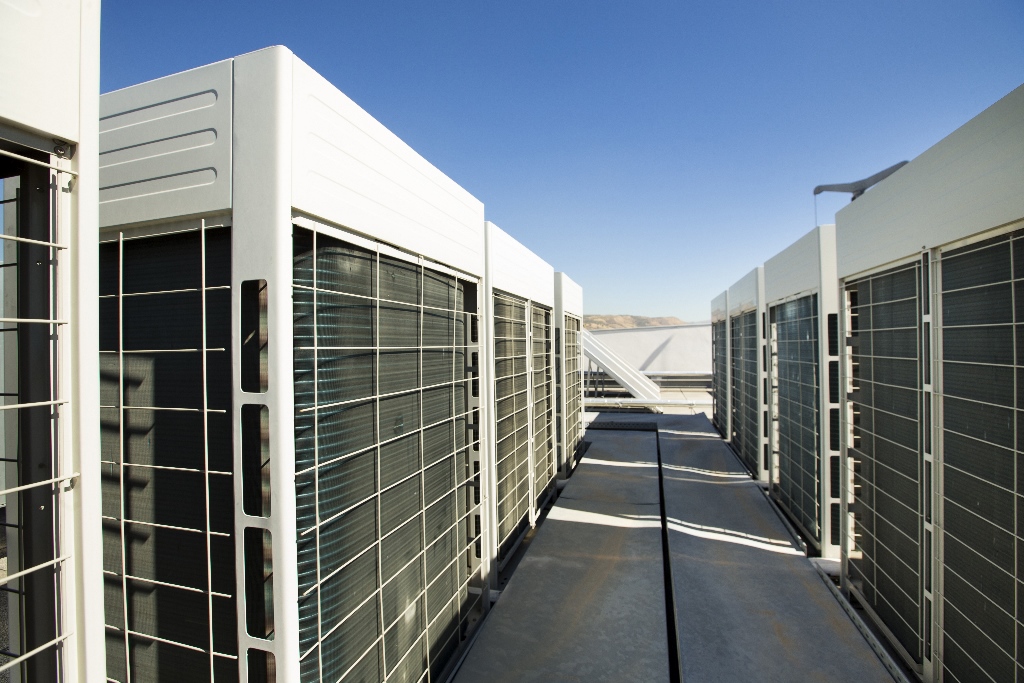
04th
NSW Guidelines for Legionella Control in Cooling Water Systems
On August 10th 2018 the NSW Guidelines for Legionella Control in Cooling Water Systems was updated.
The Guidelines provide practical guidance on the legal requirements in the Public Health Act 2010 and the Public Health Regulation 2012 and outline the safe and effective management of cooling water systems for all stakeholders.
For those responsible for managing cooling water systems it is essential that plans be in place to prevent the growth and transmission of Legionella bacteria, and subsequent outbreaks of Legionnaires’ disease.
The updated Guidelines are aimed to assist stakeholders in the following key areas:
- Understanding their roles and responsibilities
- Understanding the impact of Legionnaires’ disease
- Providing an overview of cooling water systems
- Outlining the risk factors associated with cooling water systems
- Explaining the process for undertaking risk assessments
- How to conduct an audit, and;
- Outlining the reporting, response and administrative requirements
The regulation of cooling water systems is paramount in reducing the likelihood out Legionella outbreaks.
Poorly managed cooling water systems can provide ideal conditions for the growth and transmission of Legionella bacteria.
The regulatory approach to managing cooling water systems in NSW was previously based on a prescriptive approach whereby all cooling water systems were to be managed based on same set of minimum criteria.
This has been replaced with a risk management approach which requires the individual characteristics and unique risks of each cooling water system to be assessed and controlled.
This approach introduces six safeguards to minimise Legionella transmission, provide multiple levels of oversight, and ensure that problems are pre-empted, escalated and responded to in a timely manner. See the table below for details:
Although the risk management approach requires cooling water systems to be maintained in accordance with AS/NZS 3666 Part 3 rather than Part 2, other parts of AS/NZS 3666 remain relevant for some aspects of managing cooling water systems. These include:
• Installation, design and commissioning in accordance with AS/NZS 3666 Part 1
• Operation (but not maintenance) in accordance with AS/NZS 3666 Part 2
• Maintenance in accordance with AS/NZS 3666 Part 3.
An overview of the regulatory approach in NSW is provided in the following flow diagram:
To read the full guidelines click here.
Or follow the link to find out more about creating a Legionella Risk Management Plan
Categories
Recent Posts
Navigating the GRESB 2024 Updates: Key Changes and Implications
26th Nov
GRESB’s 2024 Real Estate Assessment introduced significant changes, refining how ESG performance is measured and reported. These updates a...
Trichloramine and Indoor Air Quality in Swimming Pools
05th Nov
For swimmers and pool workers alike, the characteristic "chlorine smell" at indoor swimming pools is part of the experience. Howev...
Indoor Air Quality Takes Centre Stage: A New Government Report on Airborne Virus Transmission
30th Sep
The importance of Indoor Air Quality (IAQ) has gained significant attention following the release of a groundbreaking report from Australia�...



